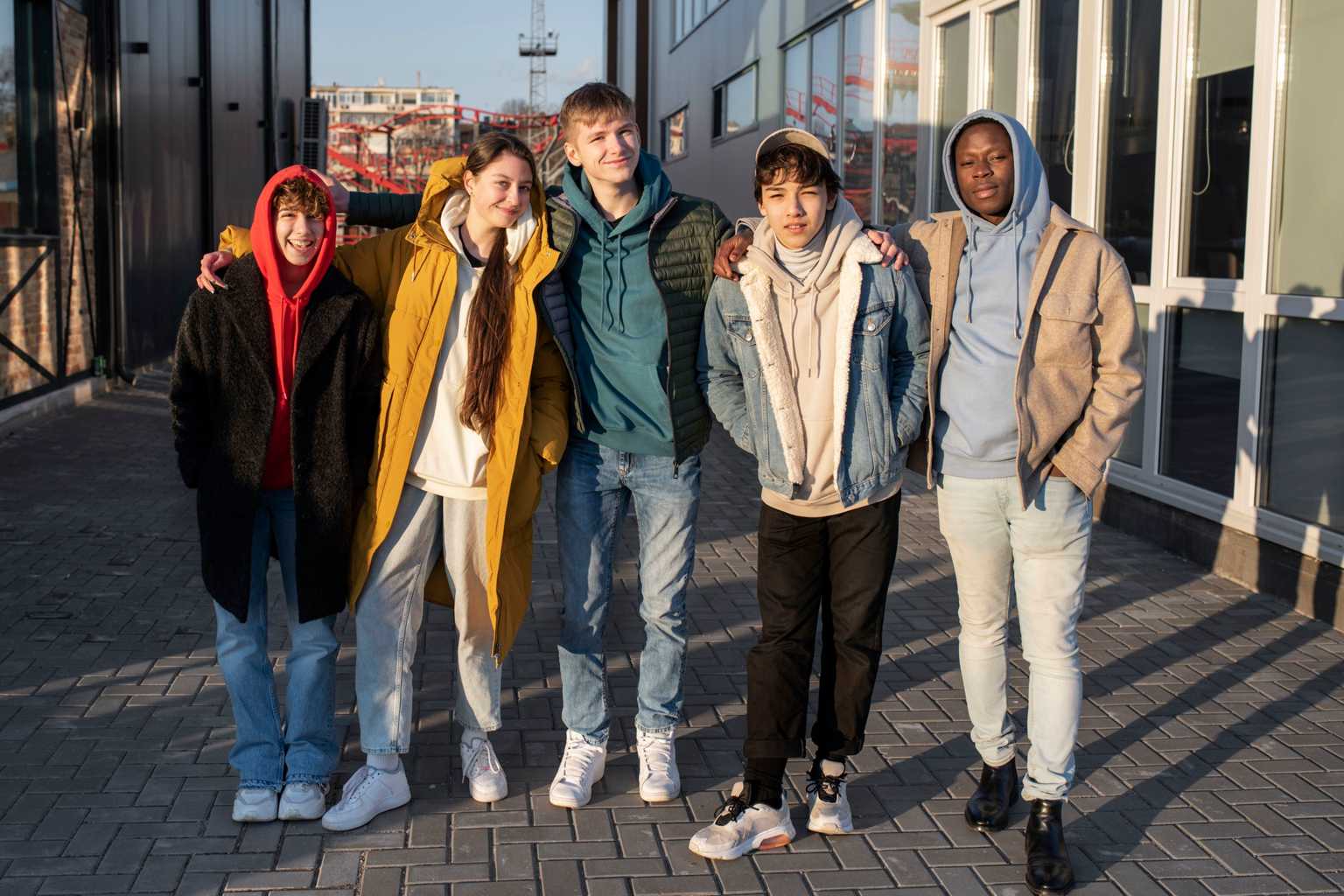A university professor delivers a stark warning to generation Z: economic security is no longer assured. As challenges like climate change, job instability, and soaring living costs mount, today’s youth face a future far less certain than that of their elders. This awakening reality paints a sobering picture of a generation navigating uncharted waters.
A university professor’s honest reflection on economic securityMystery solved: here’s the best time to use the bathroom when you’re on a planeThe magic of bay leaves in your fridge: a simple trick grandmothers swore by
Suzy Welch, a professor at New York University, speaks candidly about the shattered promises that once defined the path to success: quality education, stable employment, and upward mobility. She recalls her own youth when it was nearly automatic to expect a better financial situation than her parents, including the chance to own a home. But now, Welch insists, those once-solid guarantees have all but disappeared.
In her classrooms, she observes students adopting a guarded and pragmatic attitude. Their skepticism isn’t apathy but a realistic response shaped by ongoing crises. Comparing their tough present to the optimistic narratives of past generations leaves many feeling disillusioned and weary.
How generation z questions traditional notions of progress
Welch notes that Generation Z is reevaluating what “progress” really means in today’s world. Their questions are sharp and heartfelt: “What’s the point of working hard if the future is so uncertain?” These young adults grapple with the contradictions between working for a better future and witnessing environmental devastation and economic turbulence.
The old career blueprint—graduating, landing a good job, and climbing the ladder within one company—is rapidly becoming outdated. By 2025, this model won’t reflect reality anymore. Cuts to middle management reduce advancement opportunities for frontline workers, who are now entrusted with more responsibilities but less room to grow.
Additionally, artificial intelligence is already transforming jobs, taking over many positions that once provided steady incomes. This shift adds a new layer of anxiety for job stability and career growth.
The rising cost of living deepens economic challengesChina’s new maritime record is a floating gas plant—376 meters long and headed for AfricaHe paid for a first-class upgrade—but found his seat already taken by a passenger busy working
Beyond job worries, young people are squeezed by skyrocketing housing costs and inflation. In both the United States and France, essentials like housing, groceries, and healthcare are climbing far faster than salaries. Even those with degrees and professional jobs find buying a home increasingly out of reach.
For many in generation Z, this means delayed milestones, like homeownership, or even questioning if it’s achievable at all. It’s a tough pill to swallow after years of study and hard work.
Climate anxiety shapes generation z’s outlook on the future
Economic insecurity is only part of the story. Climate change weighs heavily on generation Z’s conscience. Welch notes that many students anticipate major environmental crises within their lifetimes. Some even harbor the bleak belief that the planet may succumb to the mistakes of older generations.
This hopelessness shouldn’t be mistaken for laziness. Welch urges leaders to shift their perspective—from blaming youth to understanding the root causes of their disillusionment. Born between 1997 and 2012, generation Z is entering the workforce alongside millennials, and together, they’re expected to comprise about 74% of the labor force by 2030, according to Forrester.
Welch advocates for companies to build work environments that give meaning to effort and honest opportunities for progression. Such strategies are crucial not just for attracting young talent but for keeping it resilient amid these unprecedented challenges.
Lessons from a personal encounter
Recently, I spoke with a close friend, a recent college graduate stepping into the workforce. She described the constant stress over rent, unsettled career prospects, and the overwhelming shadow of climate change. The traditional “American Dream” looks very different when faced with these realities. It’s a reminder that genuine hope and practical solutions must come through systemic change—rethinking education, workplace culture, and environmental policies as interconnected pieces.
We can all reflect on how to better support the younger generations tuning us into these truths. What have you noticed in the conversations around you? How can we foster environments where young people feel empowered rather than defeated? I’d love to hear your thoughts—share your experiences and ideas below and keep this vital dialogue going.

